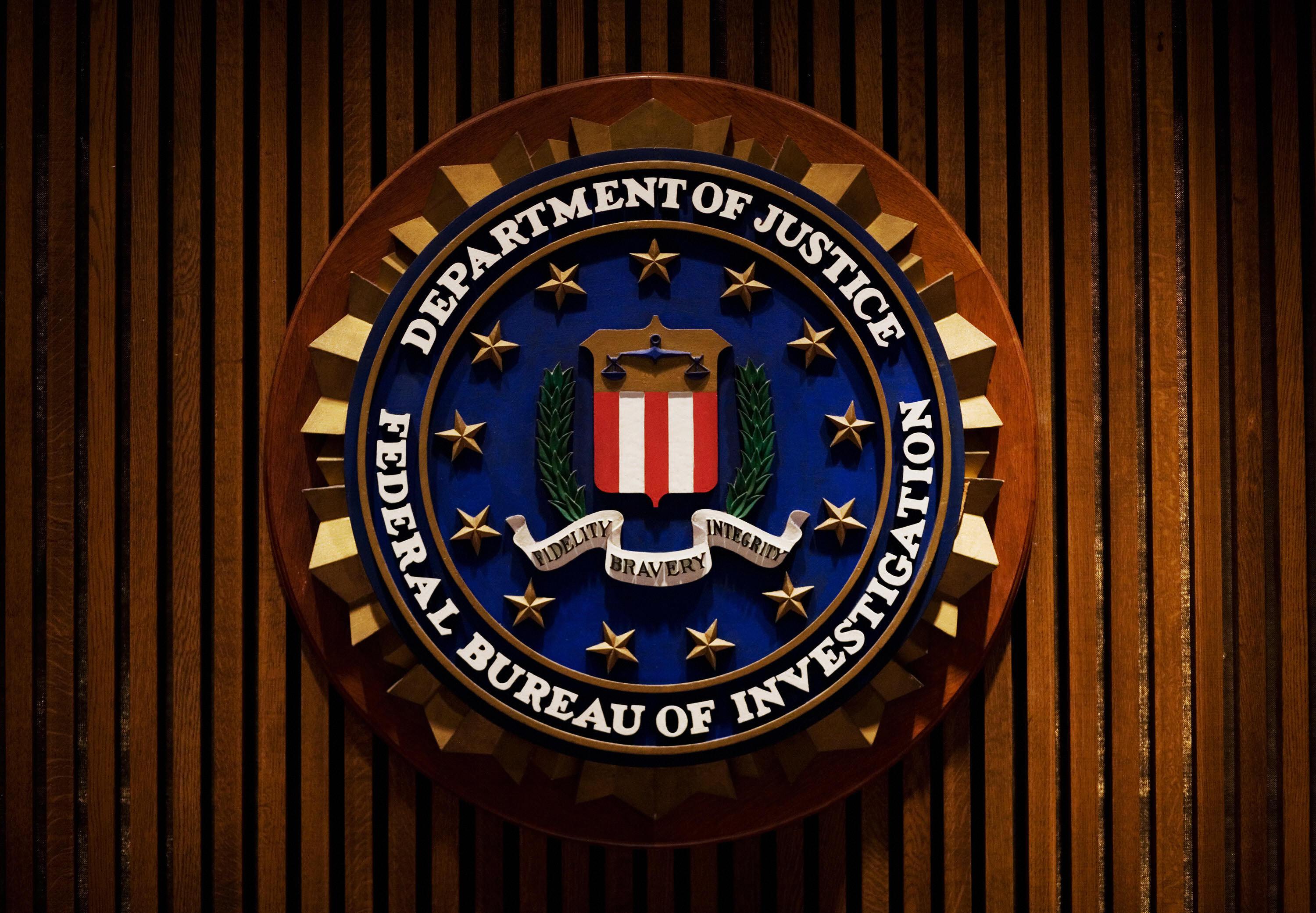Crime is Slate’s crime blog. Like us on Facebook, and follow us on Twitter @slatecrime.
On Sunday, USA Today ran an interesting piece about the unsavory world of confidential police informants, their law enforcement handlers, and the crimes that can result from their uneasy collaboration. The story focused on the FBI, which, in 2011, authorized its confidential informants to commit 5,658 crimes: “everything from buying and selling illegal drugs to bribing government officials and plotting robberies.” Those 5,658 crimes are just the ones that were officially documented; the true number of crimes committed by confidential FBI informants is likely higher. This is because, as far as I can tell, the Department of Justice guidelines that govern the use of confidential informants are unrealistic, and seem designed to be ignored.
No law enforcement agency could function without confidential informants. These individuals, generally recruited from the criminal classes, help cops gather the detailed information they need in order to build their cases. But an informant is only as good as his or her underworld reputation, and in order to maintain those reputations, CIs will sometimes have to commit or facilitate crimes. This should shock no one.
But trouble starts brewing when an informant’s crimes start to mount. This happened most famously in the 1970s and 1980s, when a Boston FBI agent named John Connolly turned a blind eye to serious crimes—including murder—allegedly committed by Whitey Bulger, the reputed Boston mob boss and FBI informant currently on trial after 16 years on the lam. When details of the Bulger-FBI collaboration became public, the Justice Department produced a set of strict new guidelines that governed the use of confidential informants.
These rules stipulate that the FBI and other Department of Justice law enforcement agencies must directly authorize, in writing, every crime committed by their confidential informants; that an agent is never allowed to authorize a CI to “participate in an act of violence;” that agents must tell every potential informant that “the United States Government will strive to protect your identity, but cannot promise or guarantee either that your identity will not be divulged as a result of legal or other compelling considerations.”
Strict adherence to every single one of these rules would destroy the confidential informant program. (As an NPR story observed in 2008, it’s unlikely that any truly valuable informants would want to work with an agency that cannot promise to protect their identities.) And, indeed, according to the Christian Science Monitor, a 2005 DOJ inspector general report found that “the FBI was not fully following its own guidelines in 87 percent of the cases it examined.”
I don’t blame the FBI here. As a cop I know is fond of saying, CIs aren’t altar boys—and the most valuable informants are usually the least holy. “The whole reason top echelon informants are so valuable is precisely because they are in the middle of a criminal enterprise—crime is all around them,” NPR wrote in 2008. “In most cases, they are violating racketeering statutes just for being a member of the mob.”
It’s clear that the FBI and other agencies should be made to account for their use of confidential informants, and that oversight of their role is necessary. If you just leave agents alone to freelance, you end up with situations like the Connolly-Bulger fiasco. But it’s also clear that the current accountability guidelines aren’t rooted in the day-to-day realities of investigative work. The DOJ needs to strike a better balance between accountability and efficacy, making it easier for agents to operate within the rules, rather than encouraging them to break them.
